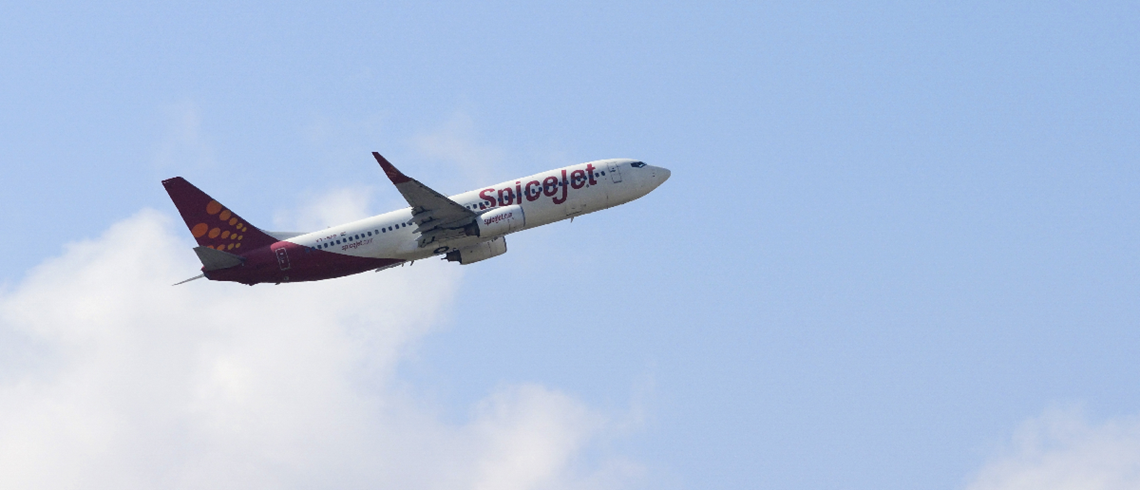India joins aviation renewables club
More airlines are starting to use alternative fuels, but still on a very limited basis
It was back in 2008 when Virgin Atlantic operated the first test flight powered by jet fuel blended with biofuel. Since then more than 25 airlines have started to gradually introduce the limited use of sustainable aviation fuels (SAF). Now India's SpiceJet has joined the club, operating a flight from Dehradun to Delhi with a biojet fuel blend and becoming the first airline in the country to adopt SAF use. John Pitts, head of eJet Limited, a global aviation fuel specialist, told Petroleum Economist that SpiceJet's move is significant, given that India is "the third-largest civil aviation market in the world and one of the fastest growing. SpiceJet has broken the barrier and set an example for

Also in this section
3 March 2026
The killing of Iran’s Supreme Leader Ayatollah Khamenei in US–Israeli strikes marks the most serious escalation in the region in decades and a bigger potential threat to the oil market than the start of the Russia-Ukraine crisis
2 March 2026
A potential blockade of the Strait of Hormuz following the escalating US-Iran conflict risks disrupting Qatari LNG exports that underpin global gas markets, exposing Asia and other markets to sharp price spikes, cargo shortages and renewed reliance on dirtier fuels
2 March 2026
The South Asian consumer’s next move could tighten the Middle East oil market overnight
2 March 2026
Canadian independent’s evolving portfolio in Trinidad and Tobago gives it access to the Atlantic LNG market and a close-up view of developments in neighbouring Venezuela







